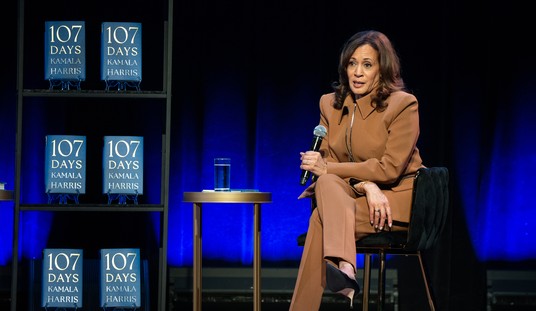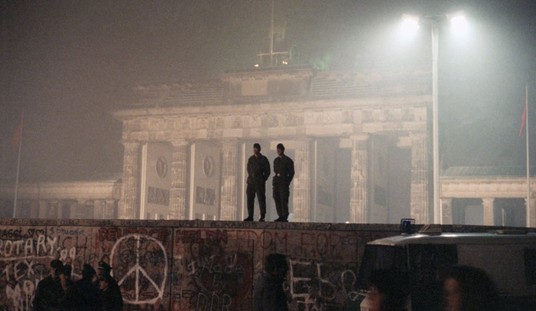There has been no shortage of lamentations over 2016. Years don’t make people die; people just die, but 2016 seems like it has claimed more than it’s fair share of beloved celebrities. Prince, David Bowie, Alan Thicke, Alan Rickman, Gary Shandling, Doris Roberts….
Carrie Fisher….

And now her mother, the beautiful, legendary singer, actress and dancer Debbie Reynolds.

The kind of pain the family must be feeling right now is unimaginable. To lose daughter and mother, grandmother and sister just a day apart can only be devastating. Although most people reading this have undoubtedly never met Fisher or Reynolds, let alone come to form a personal bond with either, there is still a palpable sense of loss among fans and purveyors of pop culture.
We are hurting too.
Why? Why do the deaths of celebrities seem to so deeply affect us? These aren’t people we know. In fact, as entertainment consumers there is a huge amount of these celebrity’s lives that is hidden and unknowable to us. That is to say – even what we think we know about these people isn’t really a sliver of who they really are.
And yet, we mourn.
Some suggest that our mourning is disingenuous, perhaps a type of virtue signaling.
I’m a good person because I care about the death of this person.
I tend to believe that our sorrow is quite genuine. Maybe it is because these beloved celebrities (and some maybe not so beloved) are more than just a part of our pop culture canon. They are a part of our lives.
They come into our homes through our radios and televisions. They strike at old wounds, lost loves and fervent hopes from the magic of movie theater screens. Their songs become the soundtracks to the most important times in our lives. A few bars of the right melody and suddenly we are transported back to our first kiss or the summer we spent with our grandparents or overseas.
A comedian can tell a joke and we’ll remember exactly who we were laughing with and where we were the first time we heard it. An actor’s performance can be tied to an event or a feeling, or just a thought. For me – like many – Carrie Fisher was a huge part of my childhood, not only for who she played in the most successful movie franchise of all time but also for what she represented…an escape.
I loved all things sci-fi growing up. To sit down in front of an episode of Star Trek or the next installment of Star Wars was like taking a vacation. I was transported from my real life and into a place far, far away where friends were fiercely loyal and the good guys always won. Even now I get a lump in my throat just hearing the Star Wars theme play. Fisher was not just a part of the life that shaped me, she was a part of my coping mechanism.
For someone else perhaps it was Debbie Reynolds that filled that role…or Prince…or David Bowie. Perhaps it was just one of their songs that acted as a paddle in troubled waters. Whatever the case may be there is no doubt that our own experiences are intertwined with the lives and deaths of celebrities.
That is why we mourn. Of course most of us understand that our sorrow does not compare to that of the people who actually knew and loved them.
We’re not mourning family members, we’re mourning memories.
It is right and good that we share some public expression of sadness when a celebrity passes. It’s a recognition of their impact on our personal and common experiences. We shouldn’t idolize anyone, but there is nothing wrong with acknowledging that their work and artistry mattered in some small way to us, to our lives, to our collective society.














Join the conversation as a VIP Member